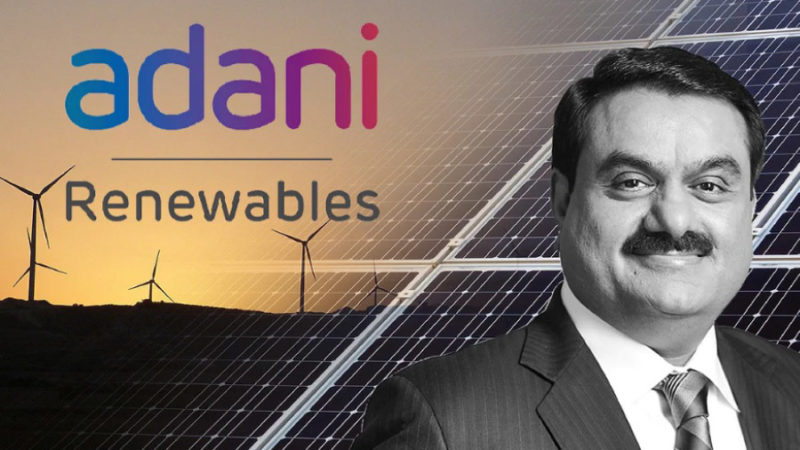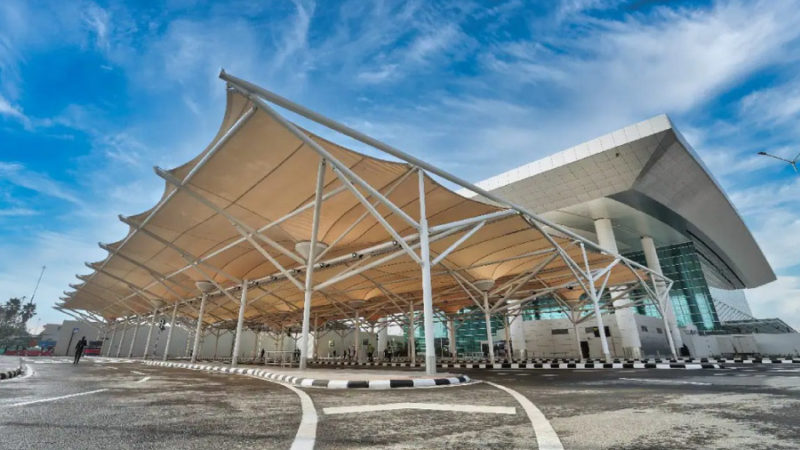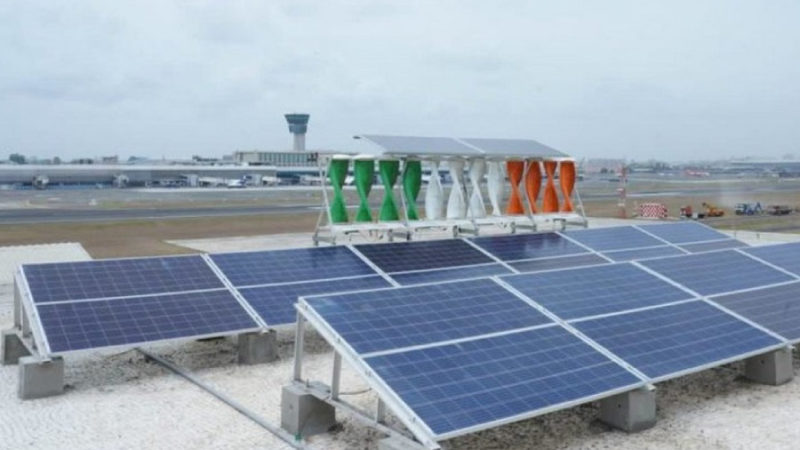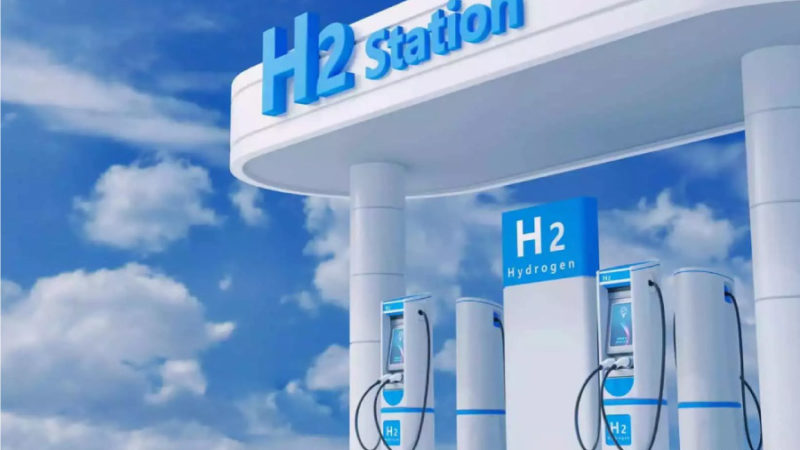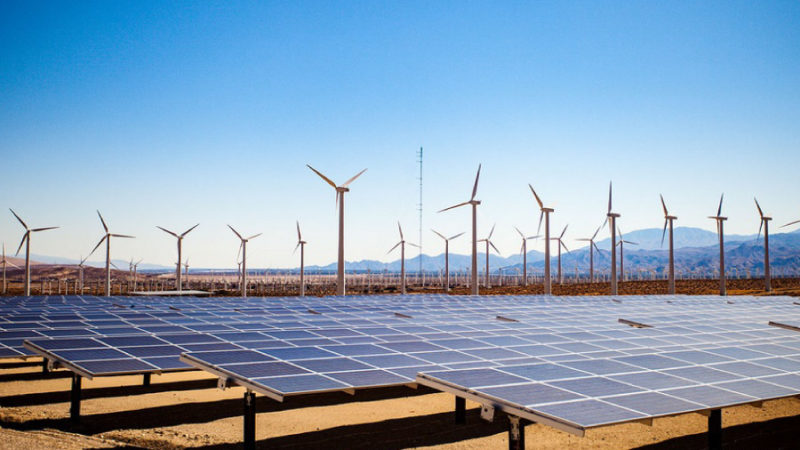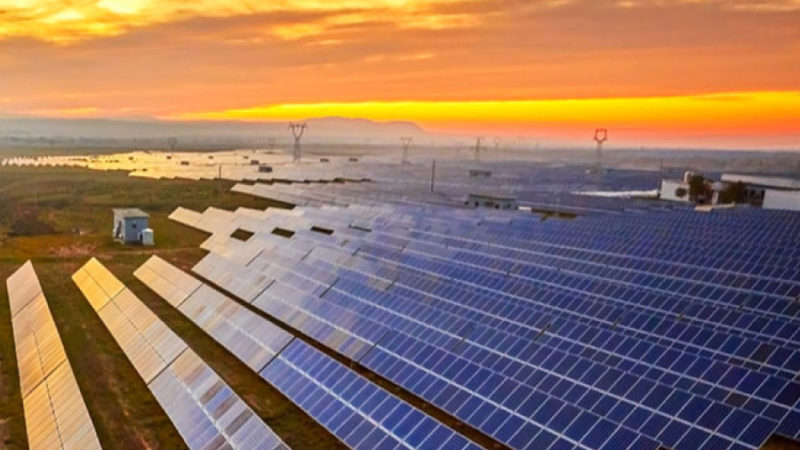Battery storage RE system at cost parity with new coal power plants in TN
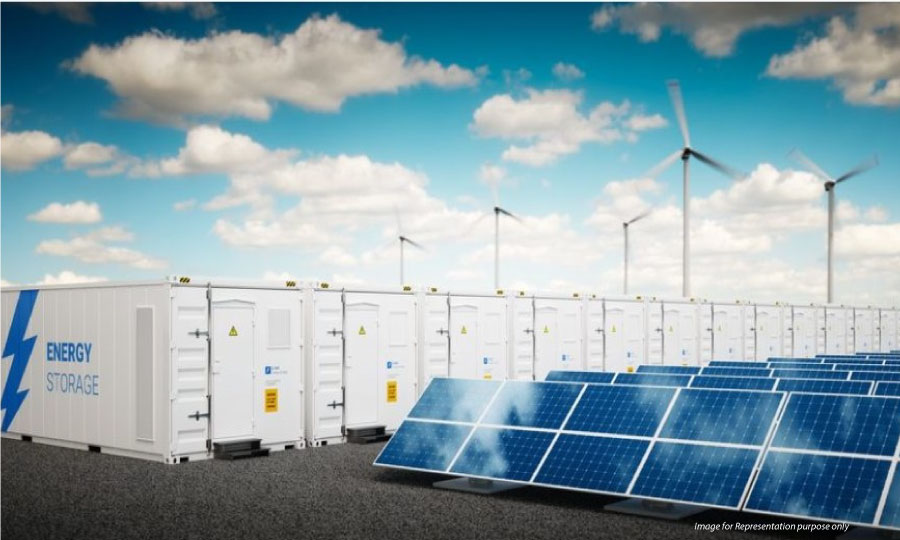
As per one recent report, renewable energy (RE) with battery storage systems in Tamil Nadu has been found to be cost-competitive with new coal power plants.
According to a recent report, renewable energy (RE) with battery storage in Tamil Nadu has been found to be cost-competitive with new coal power plants.
“The cost of a hybrid renewable battery storage system is on par with new coal power plants in Tamil Nadu. In addition, in 10 years, the increase in incremental capacity will reduce costs by 31 percent, “the report noted.
The report undertook a hypothetical study to analyze the cost of energy from a hybrid RE with storage systems. It was found in the study that in 2021 the cost of energy will cost INR 4.97 per kilowatt-hour (kWh) from hybrid renewable energy with a battery storage system in Tamil Nadu.
This economic feasibility analysis was undertaken by Climate Trends and JMK Research, where it stated that the levelized cost of energy for a hypothetical renewable energy hybrid system with battery storage for the State in 2021 would be INR 4.97 per kWh.
It further stated that this cost of energy from a hybrid RE system with battery storage is expected to come down to INR 3.4 per kWh by 2030.
On the other hand, the cost of electricity produced by a new coal power plant in Tamil Nadu is currently between INR 4.5 per kWh to INR 6 per kWh.
Approach & Method of the Study:
As per the report, the hypothetical hybrid system completes one gigawatt (GW) of solar and wind capacity in 2021 with two hours of battery back-up.
The system tracks the initial capacity of 800 MW of Solar and 200 MW of Wind Power with a storage capacity of 500 MWh to meet Tamil Nadu’s average annual power demand for two hours per day for the period of 2021-23.
Then it was is augmented for three hours per day for 2024–2026, and finally, it was raised to four hours per day from the year 2027–2030.
The study added that if this hypothesized solar-wind system were to wheel its entire energy to Delhi, it could still cover 100 percent of Delhi’s annual average electricity demand by 2030 at INR 4.4 per kWh after taking into account inter-state transmission charges.
A Viable Alternative
Founder of JMK Research, Jyoti Gulia pointed out that renewable energy, coupled with a battery storage system, constitutes a technically and economically viable alternative to building new coal energy and is a disposable source of electricity that addresses the challenges faced towards the integration of intermittent energy into the grid.
The report also stated that the storage systems with lithium-ion batteries may also help to reduce the curtailment of renewable energy.
Post lockdown that was imposed in March 2020, Tamil Nadu has seen around 50 percent curtailment in solar power. Likewise, there was an increase in the curtailment of wind power too, in the state – where it has risen to 3.52 hours per day in 2019 from 1.87 hours per day in 2018.


